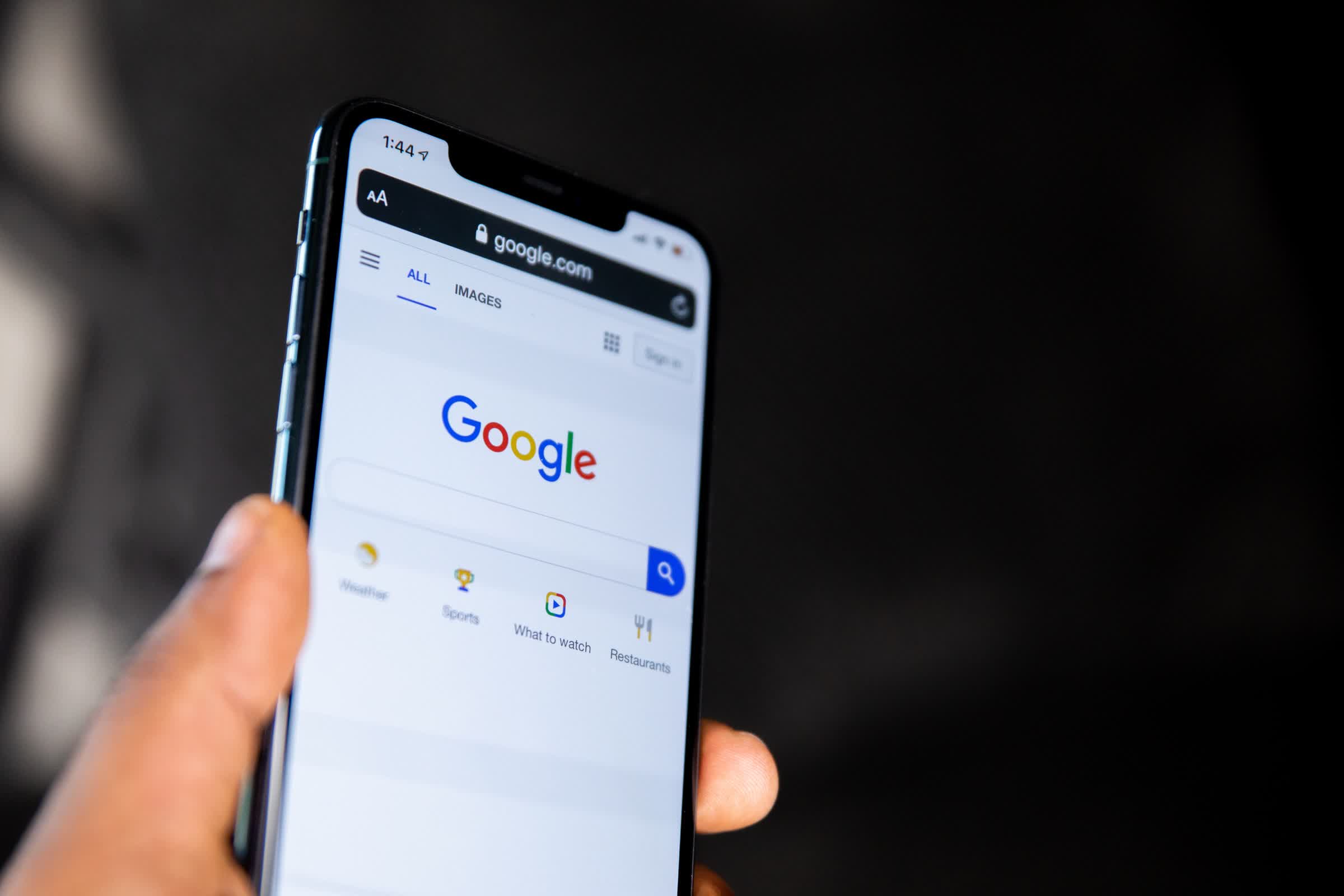In brief: The UK's Supreme Court has sided with Google in a class action lawsuit where the search giant was accused of tracking iPhone users without their consent. The ruling will likely have a chilling effect on class action-style lawsuits against the data-mining industry.
Back in 2012, it was discovered that Google had been using a backdoor method that allowed it to install cookies on iPhones even after they were blocked in Safari's settings. This prompted a British campaign group to start a representative action (the equivalent of a class action lawsuit) on behalf of no less than 5.4 million iPhone users in England and Wales, demanding cash compensation for all of them.
The lawsuit alleged that Google had breached the privacy of those iPhone users between June 2011 and February 2012, and the initiators wanted the company to compensate each one of them with as much as £500 ($676). In August 2012, the FTC fined Google to the tune of $22.5 million for the same wrongdoing, but the search giant won the Lloyd vs Google class action when it was first heard in court.

That ruling was appealed, so the case was then referred to the Supreme Court, which has now declined to hear it since it's "doomed to fail." Judge George Leggatt explained that if the campaign group wanted to obtain compensation for iPhone owners, it would have to prove that Google "made some unlawful use of personal data" relating to those users, or otherwise show the damage they suffered as a result of Google's actions.
In other words, the case has no basis without actual proof that iPhone users were harmed as a result of Google tracking them using embedded cookies without their consent. As for Google, it didn't exactly deny the practice but the definitive ruling does mean it has effectively dodged a £2.7 billion bill for it.
Masthead credit: Mobile search by Solen Feyissa
